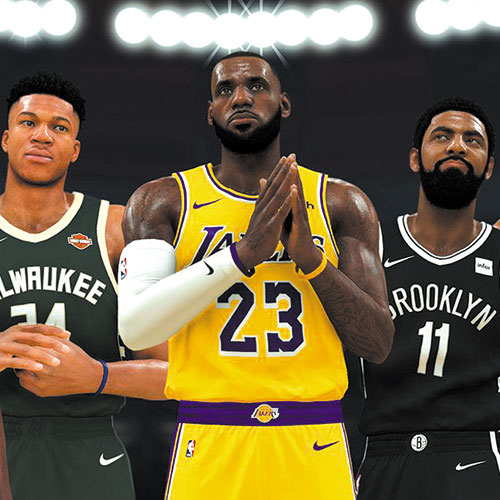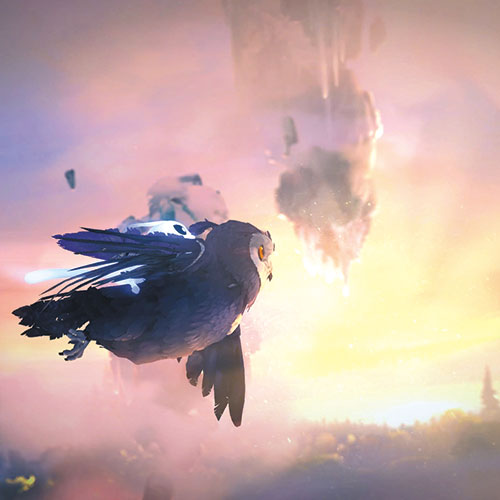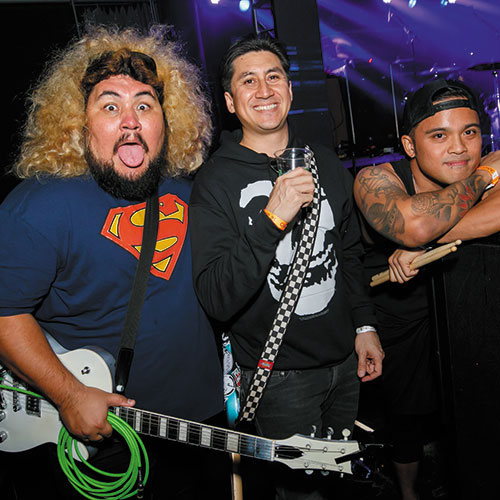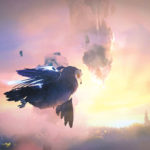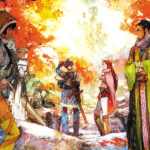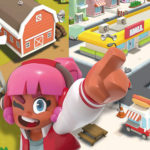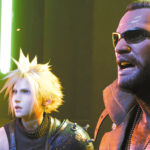Paige FTW: The Sound Of Silence In ‘Zelda’
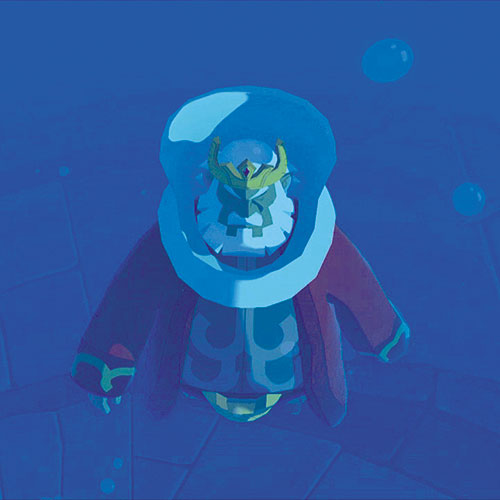
Because The Legend of Zelda: Breath of the Wild is, in so many ways, a game about progress, very little has been made of its ending.
In truth, Zelda has never been a series about story, per say. There are no grand plotlines here. Its strength has long been atmosphere.
I think of Link and Zelda, silently watching Ganondorf die at the end of Twilight Princess, or the moment Midna breaks the mirror and leaves the two stunned heroes alone in Hyrule. I think of Link, reaching futilely out to the King of Red Lions as he gets pulled to the surface in Wind Waker. I think of Link meeting Zelda again as children at the end of Ocarina of Time.
These quiet, human moments are the catharsis of your long, generally isolated journeys.
Breath of the Wild makes several changes to the formula that inadvertently results in the game losing that poignant touch. First, Ganon has no human form. He’s a big amorphous cloud for much of the game, and then he’s a straight-up monster. An embodiment of abstract evil lacks the menace of humanity. His death is simply the death of a beast like any Octorok or ChuChu you’d find in the wild. It is devoid of feeling.
Second, this is the first Zelda game to introduce voice acting to the series, and boy, does Zelda talk. She talks right through the entire ending cutscene — until, finally, she hesitates and asks Link if he remembers her.
And they finally stand in blessed silence, with the ambiguity hanging on the air.
All this to say that Zelda is a series that thrives on silence, on loaded pauses, on reflective contemplation. The hero’s respite after a long, arduous journey is not always happy, nor always sad.
How ironic that the entry that may best capture that lonely explorer’s life also failed to remember the power of its silence, too.




